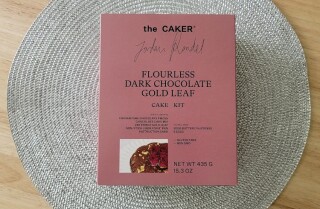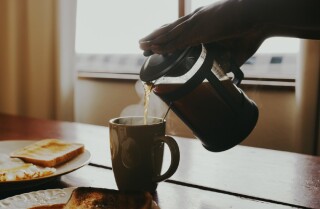When it comes to cooking and preparing food, we all have our personal preferences. Some people love what slow cookers can do, while others swear by the results pressure cookers can produce. While both can help you make succulent cuisines without much effort, each one has its own unique set of strengths and weaknesses that make it better for certain types of cooking tasks. We'll explain how each one works, since it's not so easy to choose between the two based on marketing materials. We'll also advise on what makes them different from each other so you can easily choose one according to your needs.
Key Differences Between a Slow Cooker and a Pressure Cooker
Cooking Time
Slow cookers and pressure cookers may seem similar at first glance, but the primary distinction between the two is the time required to prepare the food. Slow cookers work by heating the food at a low temperature and keeping it there for a long period of time. This allows the flavors to develop and permeate the meat, vegetables, or whatever else you're cooking in order to produce an appetizing dish. You'll want to plan your dishes well in advance, since a slow cooker usually takes hours to finish.
If you're looking for a cooking accessory that'll speed up your cooking and save you time, then pressure cookers are the way to go. They cook food about three times faster than slow cookers, so if you're pressed for time and want to get dinner on the table in record time, getting one of these bad boys will help immensely.
User-friendliness
A slow cooker cooks food at a low temperature over time, so you don't have to worry about monitoring it. You just plug it in, add your ingredients, and go about your day. Most advanced models come with a timer that switches the power off automatically when the food has been fully cooked, so you do not have to worry about overcooking your meal or burning it.
A pressure cooker, on the other hand, requires constant vigilance and interaction with your food. You'll have to adjust the heat, add water and ingredients, and keep an eye on how things are cooking. But, once you have mastered using it, you can use it to prepare delicious meals quickly and easily!
Note: Although pressure cookers are incredibly convenient, there is also an inherent danger with this method. If the unit becomes damaged or malfunctions, there's always the possibility that the internal pressures involved can lead to a potentially catastrophic failure. It’s best that you never leave it unattended.
Nutritional Profile
Slow cookers are often associated with being healthier than other cooking methods because they allow time for nutrients to break down into the food. The high heat of a pressure cooker, on the other hand, causes some nutrients to break down or evaporate into steam during cooking, so you may end up losing some vitamins and minerals during the cooking process.
Slow cookers also have less impact on flavor. If you're into letting subtle notes shine through rather than overpowering them with sauces or spices, then this may be the way forward for you.
Versatility
When it comes to versatility, the pressure cooker is a real winner. Slow cookers are limited to cooking food at low temperatures, which makes them less adaptable than pressure cookers. With slow cookers, you can make a variety of fall-apart, melt-in-the-mouth dishes including lamb chops, meatloaf, and pot roast, but they are not ideal for cooking fresh beans, rice, and pasta.
On the other hand, pressure cookers can be used for almost any type of food preparation — from steaming vegetables to preparing meat cuts such as pork shoulder or beef brisket. Besides stocks, stews, and soups, they're also great at making soufflés and other baked goods, which usually requires a double boiler!
The Verdict
So which is better?
The truth is that it depends on what you're cooking and how much time you have. If you're looking for a quick way to get dinner on the table, a pressure cooker will probably work best. If you want to cook something that needs to simmer for hours (like a big pot of chili or stew), a slow cooker might be ideal for your needs. Don't worry about having to sacrifice flavor or texture — both of these machines are designed to cook with precision and accuracy, so you’ll be able to enjoy a mouthwatering meal every time!






